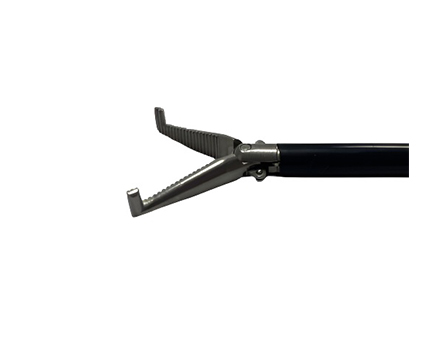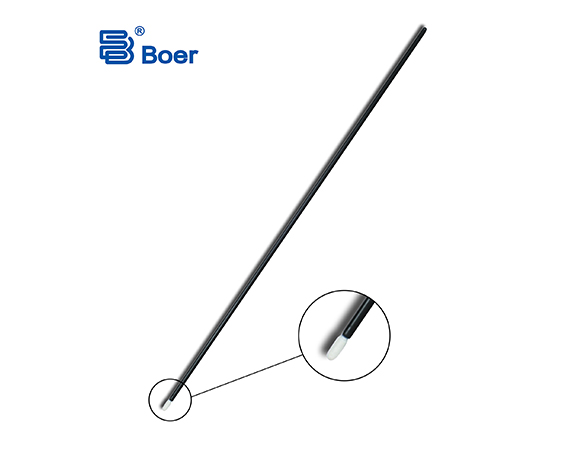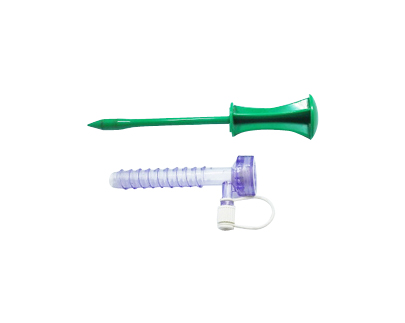Why Choose Minimally Invasive Surgery?
Minimally invasive surgical techniques have had a huge impact on surgery since the 1990s. Advances in surgical techniques are improving the quality of life of patients undergoing surgical interventions.
1. What is minimally invasive surgery?
In minimally invasive surgery, surgeons use a variety of techniques to operate with less damage to the body than open surgery. Minimally invasive procedures are usually performed on an outpatient basis or require only a short hospital stay. A common form of minimally invasive surgery is laparoscopy, which is surgery through one or more small incisions using small tubes, tiny cameras, and surgical instruments. Minimally invasive surgery is now a standard surgical technique in many routine surgeries, such as cholecystectomy (removal of the gallbladder), appendectomy (removal of the appendix), abdominal exploration, some gynecological procedures, and hernia repair.
2. The reasons for choosing minimally invasive surgery
Minimally invasive surgical techniques result in less pain, faster recovery after surgery, and better cosmetic results. The cosmetic results of minimally invasive surgery are excellent, resulting in minimal surgical scars. Three months after surgery, the incision scar is barely visible. The patient's postoperative pain appears to have decreased significantly, but this is difficult to quantify. We have some patients who have this procedure on Friday and they can go back to work the following Monday. Since such a small incision is used, there are no postoperative restrictions.
Minimally invasive surgery improves surgical accuracy. The University of Chicago tells us that minimally invasive surgery is more accurate because video equipment can give doctors a better view of the entire surgical field. They also zoomed in on the area to provide a better view of the organ for better results.
Minimally invasive surgery reduces complications such as infection and bleeding. Open surgery with a large incision 6 to 12 inches long has a sizable area for the doctor to work on. Therefore, you are more susceptible to infection. With minimally invasive surgery, the incision is less than 1 inch, and while there is still the possibility of infection, it is greatly reduced. With these smaller cuts, less cuts equals less bleeding.
Minimally invasive surgery reduces trauma to the body. Smaller incisions, less pain and trauma to the body during and after surgery. Incisions heal faster, and because there is less pain or discomfort after surgery, there is less need for pain medication.
Minimally invasive surgery improves recovery time. Another benefit of minimally invasive surgery is that you'll wake up sooner, possibly even on the same day. It is much cheaper to recover at home than to spend a few days in the hospital.



